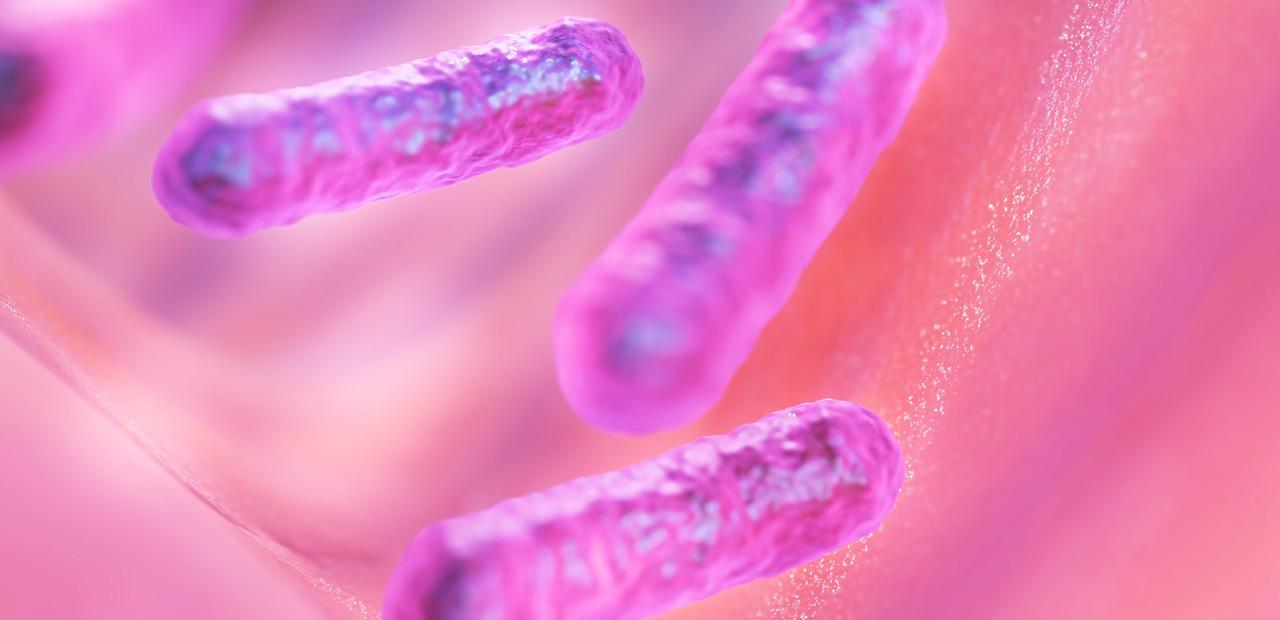
Submitted by Yan Pan on Wed, 12/02/2025 - 18:18
Lipopolysaccharide (LPS) produced in gut microbiota could influence how well cancer patients respond to immunotherapy treatments, as shown in a study published this week in Nature Microbiology.
Immune checkpoint inhibitors (ICIs), which work by blocking proteins that prevent immune cells from attacking cancer cells, have revolutionised cancer treatment in recent years. However, the efficacy of ICI has remained limited in many patients.
The gut microbiome plays a significant role in modulating immunotherapy response. LPS produced in the gut microbiota can either help or hinder the immune system's response to these treatments, opening up new avenues for improving treatment outcomes in cancer patients.
Virginia Pedicord and researchers at the University of Cambridge have found that hexa-acylated LPS could boost the effectiveness of cancer immunotherapy by enhancing the immune system’s ability to recognise and target cancer cells.
Virginia's group investigated 112 samples from melanoma patients and utilised a mouse model to determine how the microbiota-derived LPS influences ICI response. They found that an increased relative abundance of hexa-acylated LPS in the gut can support the immune activation required for robust anti-PD-1 efficacy in both patients and mouse models. These findings shed light on the complex relationship between gut health and cancer therapy, suggesting that microbiome-based interventions have the potential for overcoming the limitations of current immunotherapies and improving patient outcomes.
This research was funded by Wellcome Trust, Royal Society, Rosetrees Trust, and UK Research and Innovation, with additional support from the Cambridge National Institute for Health and Care Research-Biomedical Research Centre Cell Phenotyping Hub.
The text in this work is licensed under a Creative Commons Attribution-NonCommercial-ShareAlike 4.0 International License. Images, including our videos, are Copyright ©University of Cambridge and licensors/contributors as identified. All rights reserved. We make our image and video content available in a number of ways that permit your use and sharing of our content under their respective Terms.

